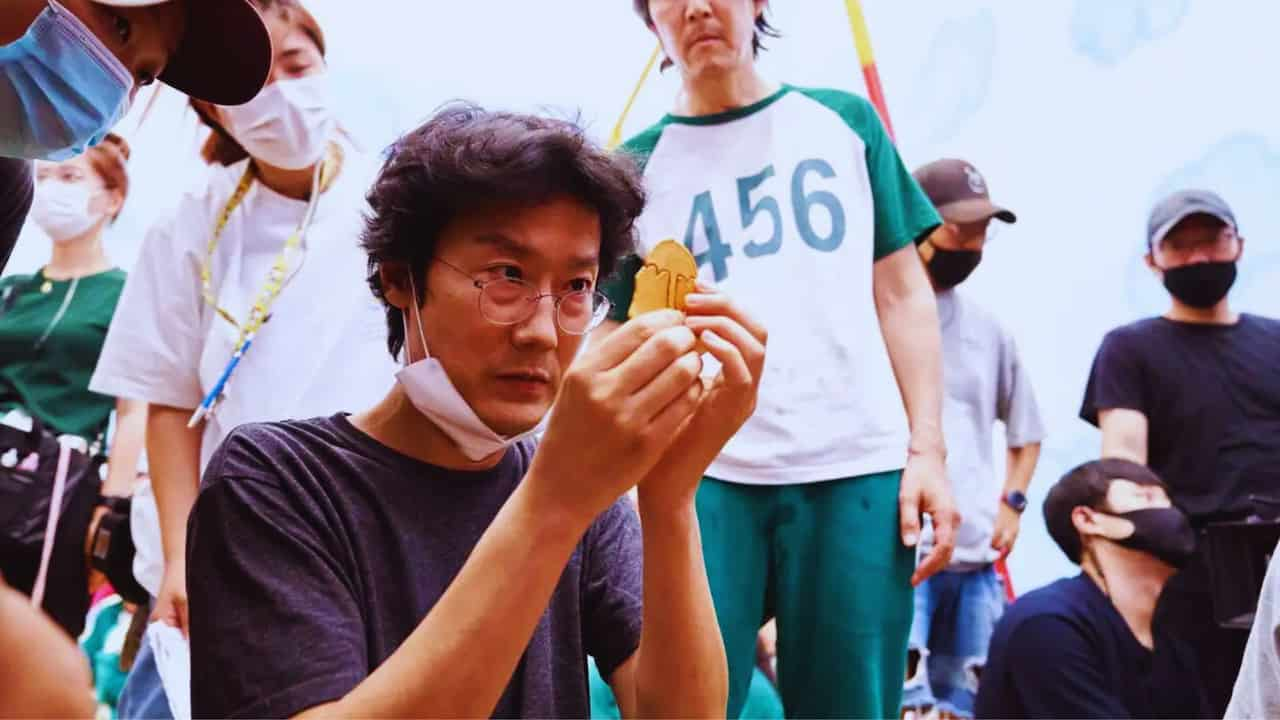The Price of Success: Squid Game Creator’s Personal Battle Behind Netflix’s Global Phenomenon
In an industry where success often comes at a personal cost, Hwang Dong-hyuk’s journey with Netflix’s hit series “Squid Game” stands as a stark testament to the physical and emotional toll of creating groundbreaking television.
As the show prepares for its highly anticipated second season premiere on December 26, 2024, the creator’s behind-the-scenes struggles reveal just how high the stakes have become.
A creator’s sacrifice
The road to global success hasn’t been straightforward The stress during the production of season one was so intense that he lost “eight or nine teeth”—more than previously reported.
Despite this physical toll, Hwang has returned for a second season, driven by two compelling factors: proper compensation for his work and an unfinished story.
“Even though the first series was such a huge global success, honestly I didn’t make much,” Hwang revealed in a recent BBC interview. The show, which reportedly generated $900 million in value for Netflix, left its creator seeking fair compensation through a second season.
Raising the Stakes
Season two, which follows Lee Jung-jae’s character Seong Gi-hun three years after his life-changing victory, promises to be even darker than its predecessor. The new season introduces a striking visual element: a giant blue “O” and red “X” bisecting the familiar dormitory set, symbolizing the show’s exploration of societal divisions.
“I want to highlight the theme of taking sides,” Hwang explains, drawing parallels between the show’s narrative and real-world polarization. The timing couldn’t be more relevant, with the season set to release during a crucial period in global politics.
The Weight of Expectations
Creating a follow-up to Netflix’s most successful show ever brings immense pressure. Hwang admits to having “about two nightmares a week” about production problems or negative reception. “Will the games be as entertaining as in season one? Are the characters as charming?” These questions haunt the creator.
The stress hasn’t decreased—in fact, it’s become more intense. Hwang’s dentist visits may not be over, as he admits, “I’ll probably have to pull out a few more very soon.”
A deeper purpose
Beyond the personal toll, Hwang sees a greater purpose in continuing the story. The show tackles universal themes of economic inequality and social division, issues that have only become more relevant since the first season’s release.
The new season will force players to take sides after each round, creating a stark visual representation of how society divides itself. “We live in a democratic society, and everyone has their own right to vote, but the dominant side rules,” Hwang reflects. “So I wanted to pose the question: Is the majority always right?”
Looking Ahead
With season two’s release approaching and a third season confirmed for 2025, Hwang’s vision continues to evolve. Despite the personal cost—in teeth and peace of mind—he remains committed to telling a story that resonates with viewers worldwide.
The success of “Squid Game” has transformed not just its creator’s life but the entire landscape of global television. As Bela Bajaria, Netflix’s chief content officer, notes, “Squid Game changed where people always expect big shows to come from. It served as the most compelling evidence that exceptional narratives can originate from any location and garner widespread admiration.
As viewers prepare to return to the game this December, they’ll be witnessing not just a television show but the result of one creator’s extraordinary sacrifice for his art. The question remains: Will the price of success continue to rise with each new season?
